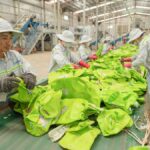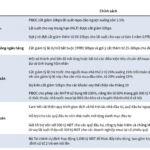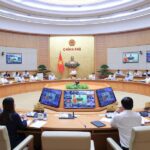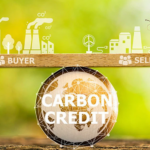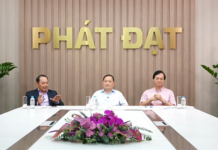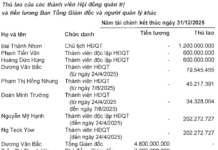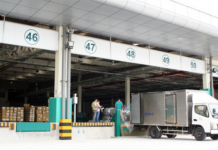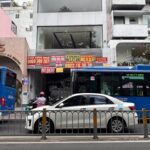A recent report by the International Finance Corporation (IFC) and the World Bank estimates that Vietnam wastes nearly $3 billion annually due to non-recycling of plastic waste from households. Moreover, the country is estimated to waste over $30 billion annually due to the lack of organic waste recycling, with nearly 70% of it not being recycled. Therefore, the Extended Producer Responsibility (EPR), as mandated in the 2020 Environmental Protection Law, presents a financially viable solution to tackle the waste problem while boosting the growth of the recycling industry.
BEYOND RESPONSIBILITY
Extended Producer Responsibility (EPR) is stipulated in Article 54 of the 2020 Environmental Protection Law and Decree No. 08 of the Government. Accordingly, from January 1, 2024, producers and importers of electronic products, lubricants, and packaging must either recycle or pay a fee to support waste recycling activities. Enterprises producing and importing electrical and electronic products will implement recycling responsibilities from January 1, 2025, while enterprises producing and importing vehicles (cars and motorcycles) will do so from January 1, 2027.
According to experts, EPR is not just a responsibility but also an opportunity for businesses to become more sustainable, especially given Vietnam’s vulnerability to climate change and environmental pollution. Mr. Le Anh, Director of Sustainable Development of Duy Tan Recycling Plastic Joint Stock Company, emphasized that EPR is a competitive advantage and a “green certificate” for businesses to export to large and high-standard markets. Currently, Duy Tan collects about 180 tons of plastic waste for recycling daily. The enterprise has exported 60% of its recycled plastic pellet output to the US and Europe.
Unilever Vietnam International Company Limited is also actively collaborating with collectors such as VietCycle Joint Stock Company and recyclers like Duytan Recycling to promote plastic circularity, which is a mechanism in preparation for the implementation of EPR regulations. Along with this, the company is working on improving package design to increase recyclability above the current 63% rate. Unilever Vietnam has reduced 52% of virgin plastic and used PCR plastic in production, with over 25,000 tons of plastic collected and recycled.
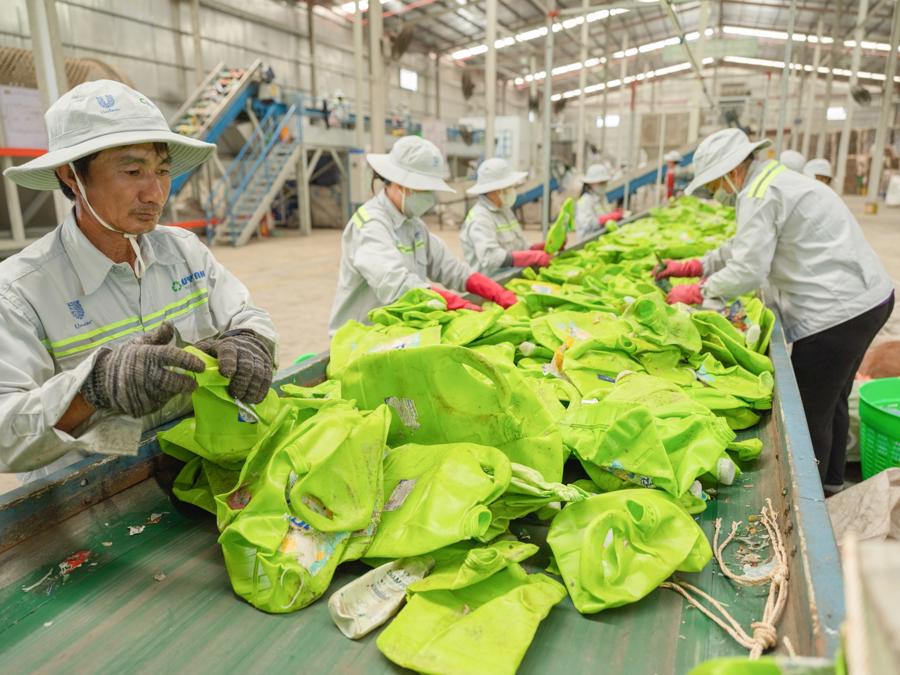
Last August, MM Mega Market Vietnam joined hands with O-I BJC Vietnam Glass Factory to deploy glass waste collection stations at MM An Phu (District 2), MM Hiep Phu (District 12), and MM Binh Phu (District 6) centers in Ho Chi Minh City. MM Mega envisions this project as a significant step forward, positively contributing to the plan of the Institute of Strategy and Policy on Natural Resources and Environment (MONRE). Through this initiative, the supermarket system also aims to encourage customers to join hands with the enterprise in maintaining the habit of properly and safely sorting glass waste during daily shopping and consumption activities.
However, Mr. Bui Khanh Nguyen, Vice President of External Affairs, Communication, and Sustainable Development of Coca-Cola Vietnam, shared that to collect materials as per requirements, the company must support the informal waste pickers. Additionally, there should be a clear process for collecting and recycling so that every plastic bottle and packaging sold is retrieved for recycling without increasing the product’s price. The challenge for businesses is to ensure that recycling does not harm the environment while not creating pressure on consumers. This is a difficult equation to balance.
The Institute of Strategy and Policy on Natural Resources and Environment (MONRE) surveyed small and medium-sized enterprises on their readiness to implement the EPR policy. The survey results showed that 93.55% of enterprises have an initial and comprehensive understanding of the responsibility to collect, recycle, and treat waste. Most surveyed enterprises believed that environmental protection responsibility in production helps businesses become more sustainable and build a friendlier image with customers…
https://postenp.phaha.vn/chi-tiet-toa-soan/tap-chi-kinh-te-viet-nam
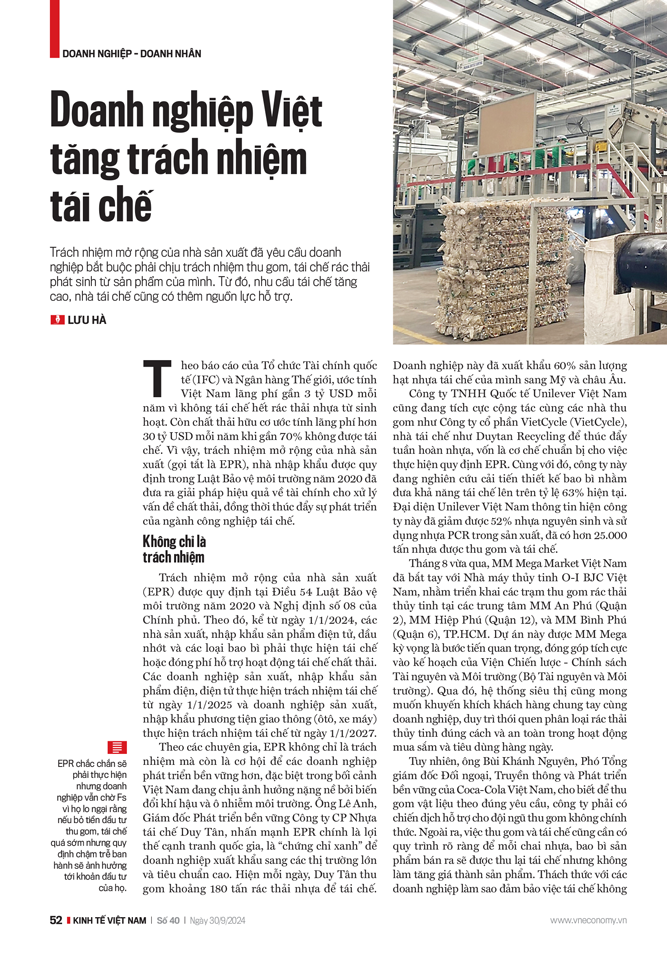
The Green Revolution: Leading the Way in Eco-Consciousness
The extended producer responsibility has mandated businesses to take responsibility for the collection and recycling of waste generated from their products. As a result, the increased demand for recycling has provided recyclers with additional resources and presented an opportunity to revolutionize the industry.
A Bold Economic Vision: Targeting over 7% GDP Growth in 2024
The Prime Minister has instructed to prioritize sustaining economic growth while maintaining macroeconomic stability, curbing inflation, and ensuring the economy’s key balances. The aim is to achieve an annual GDP growth rate of over 7%, with the fourth-quarter growth target set at 7.5-8%.
The Road to Carbon Market: Vietnam Aims for 2029 Launch
The Vietnamese government has unveiled an ambitious plan with the draft proposal for the ‘Establishment and Development of a Carbon Market in Vietnam’. This proposal outlines a pilot phase for a nationwide carbon market from 2025 to 2028, with an official launch in 2029. The market will facilitate the trading of carbon credits, with an initial focus on nationally-certified carbon credits, and will gradually expand to include a broader range of participants and credit types. This marks a significant step forward in Vietnam’s journey towards a more sustainable future, as the country actively seeks to reduce its carbon footprint and encourage environmentally conscious practices.

